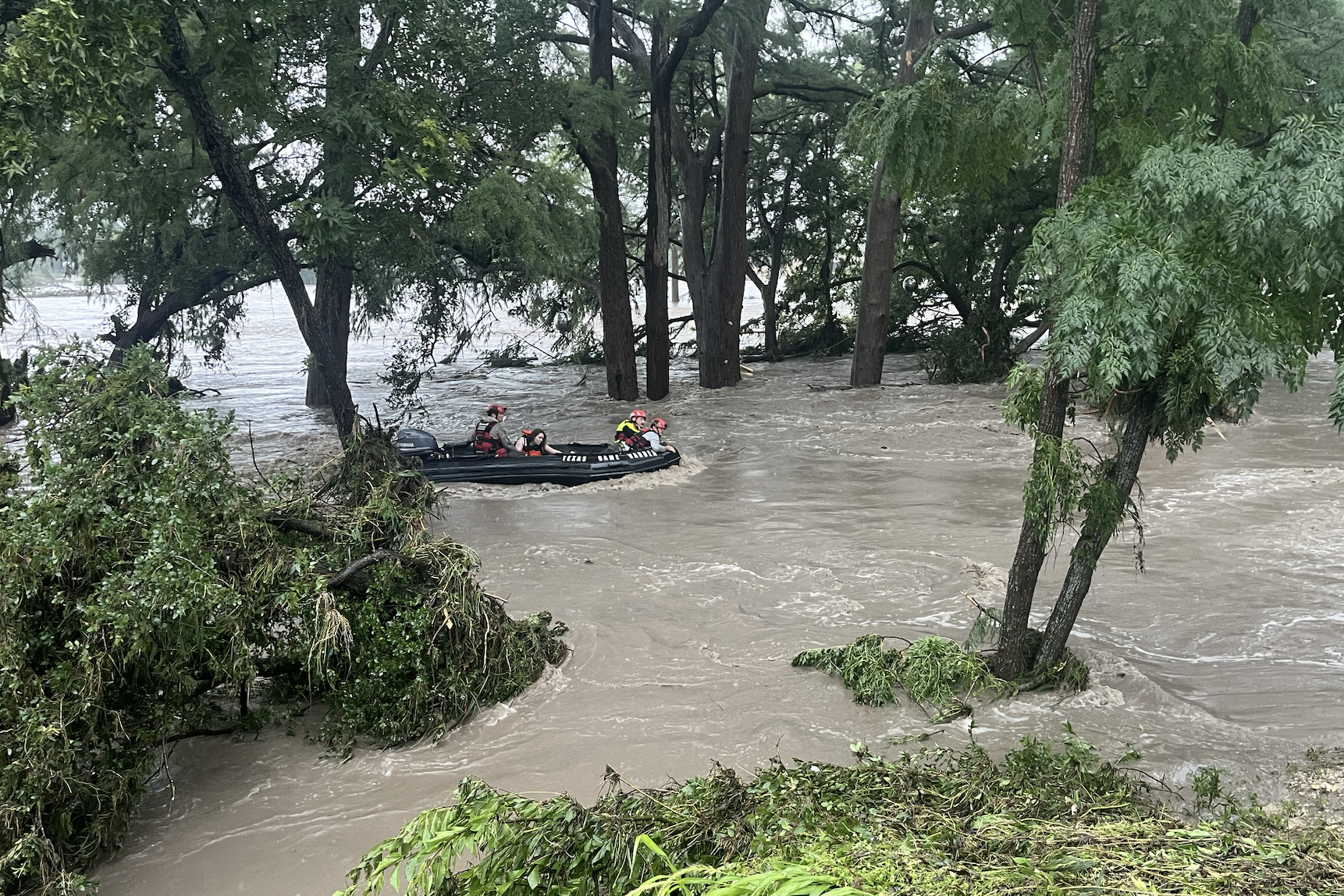
Texas Parks and Wildlife

Audio By Carbonatix
The University of Texas at Arlington’s Water Engineering Research Center has been tapped to lead a reform in state forecasting protocols following the July flooding of Texas’ hill country that killed at least 135 people, including 27 campers and counselors at Camp Mystic.
According to a university statement, rainfall estimates have historically relied on data with “significant limitations,” leading to inaccurate or uncertain forecasts ahead of extreme weather events. The Guardian reports that current weather forecasting tools can anticipate unusually high amounts of rainfall in a general region in advance of the event, but nailing down exactly how much of that rain will end up somewhere potentially catastrophic, such as a flood plain, is still challenging to do.
While investigations have found that National Weather Service forecasters in both the San Angelo and Austin/San Antonio offices issued appropriate watches and warnings ahead of the flooding in Central Texas, the expected rainfall totals that were issued in early bulletins were significantly less than what was actually recorded: around four months’ worth of rain in just a few hours.
The grant for UT Arlington will develop a program that combines radar data with data observed in real time, allowing meteorologists to “pinpoint rainfall amounts with greater precision, providing the state with a modernized, science-based system for planning and emergency response.”
“This effort directly addresses concerns raised by state legislators about Texas’ lack of quality weather data,” said Nick Fang, WERC director and a civil engineering professor at UT Arlington, in a statement. “With better information, we can help build a more resilient Texas.”
Fang was one of many experts who testified at the joint hearing of the Texas Senate and House committees on disaster preparedness and flooding, held just weeks after the tragedy in Central Texas. A number of meteorologists, hydrologists and climatologists urged state lawmakers to better fund forecasting tools and research.
The project is just one attempt to reexamine and potentially overhaul a system that officials say failed in the early morning of July 4.
Last week, during the second round of legislative special sessions, the Texas House overwhelmingly passed a bill that will increase oversight on summer camps flagged for violations during routine safety inspections and will impose harsher penalties on repeat offenders. Another bill, Senate Bill 3 by Sen. Paul Bettencourt, will mandate the installation of flood warning sirens in Central Texas’ “Flash Flood Alley.” SB 3 has been sent to Gov. Greg Abbott’s desk.
UT Arlington was involved in the immediate response to the Hill Country floods, CBS News reports. The university’s H2i Lab, which specializes in data, water hazards and water security, created early maps of the flooding that identified buildings that stood within the region’s flood zone.